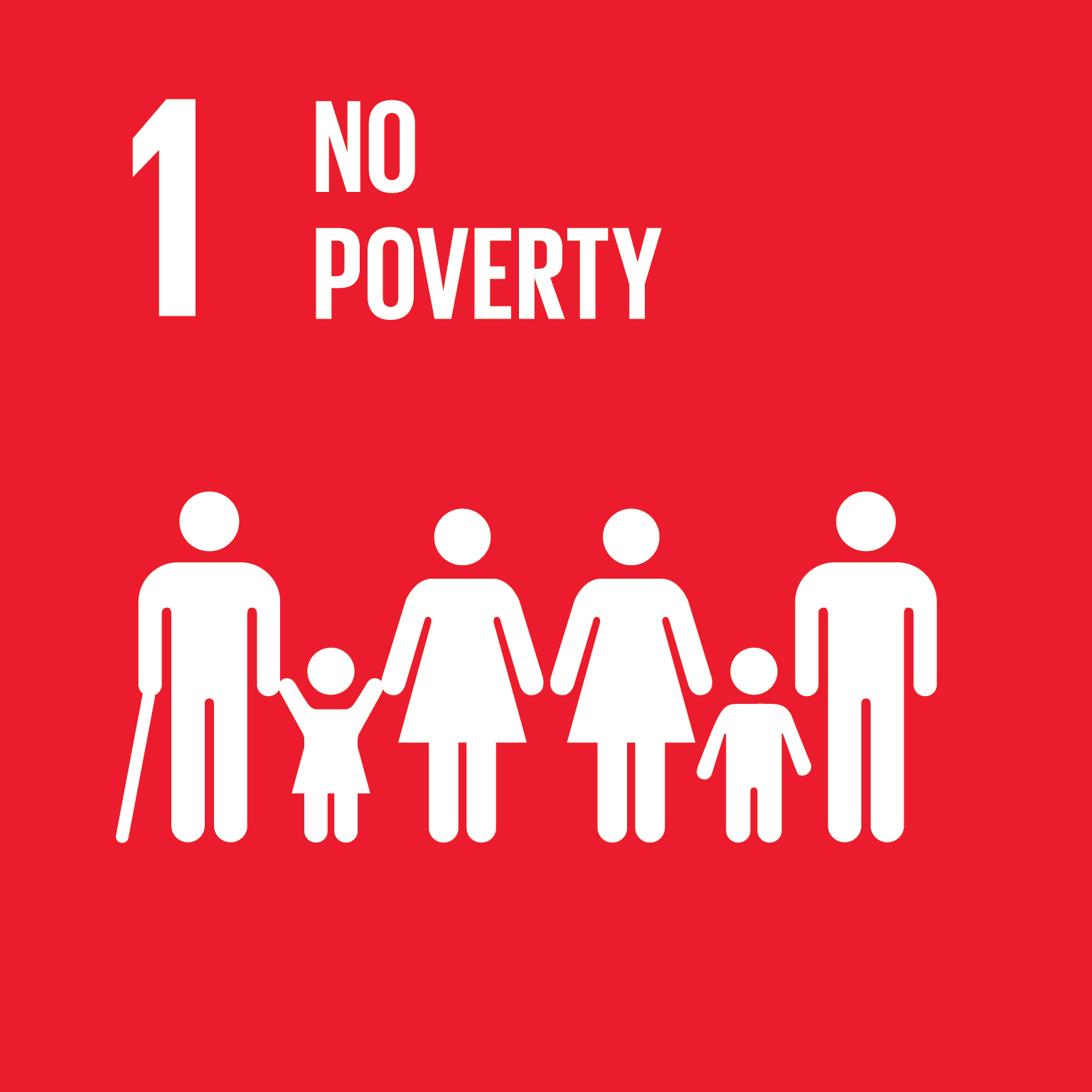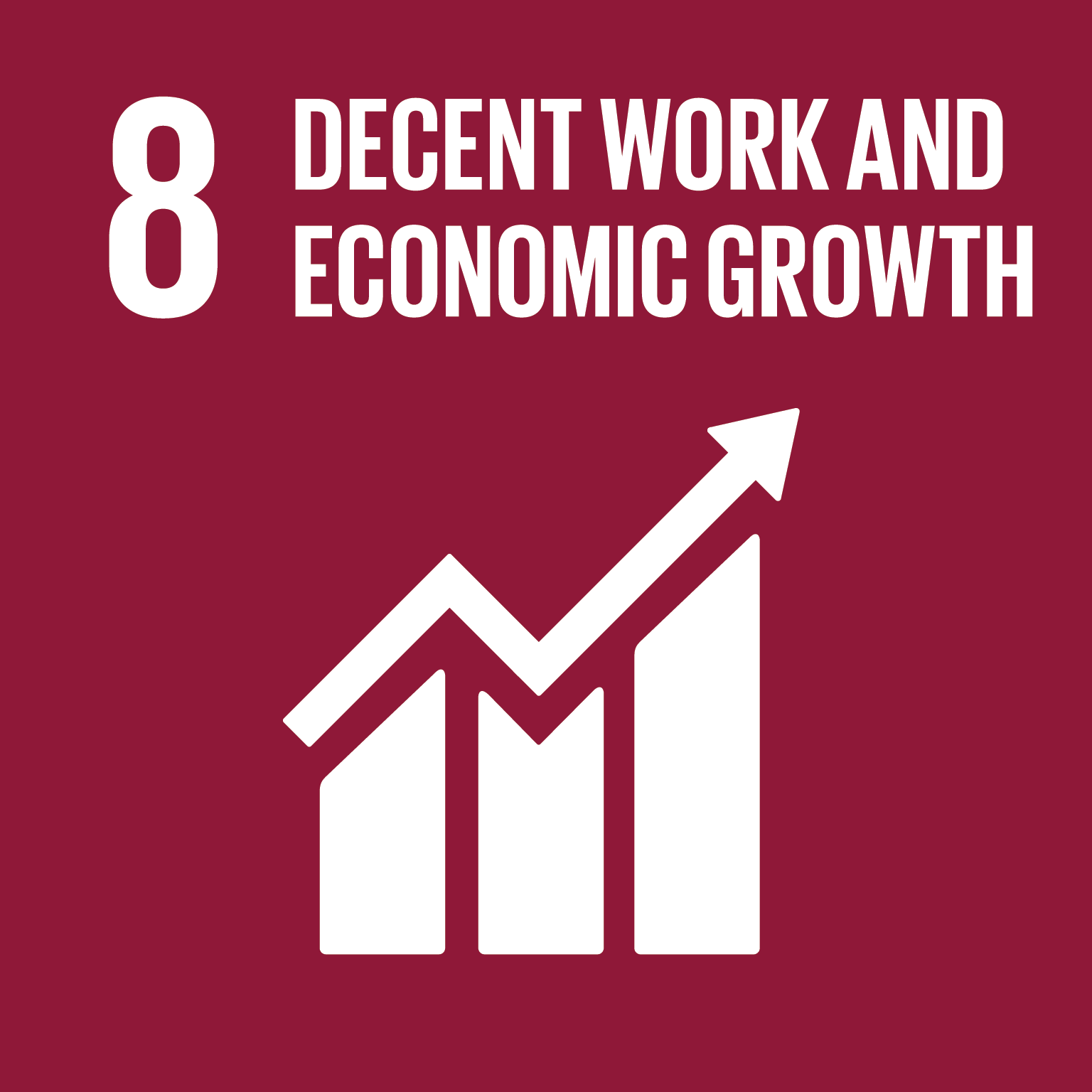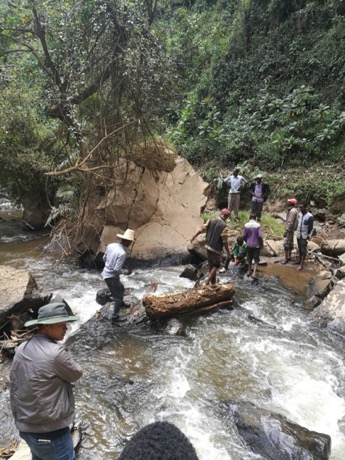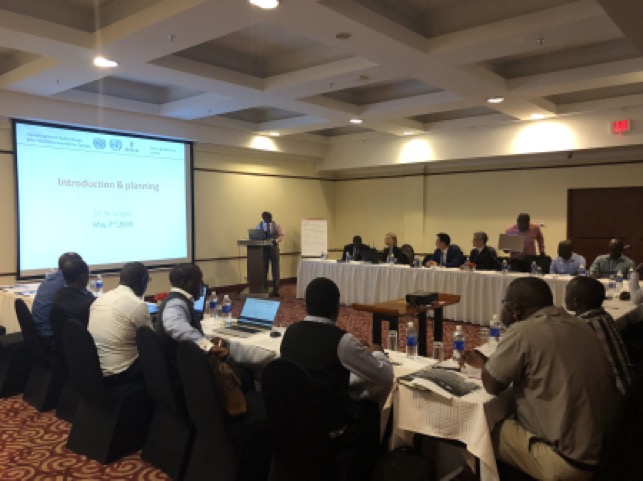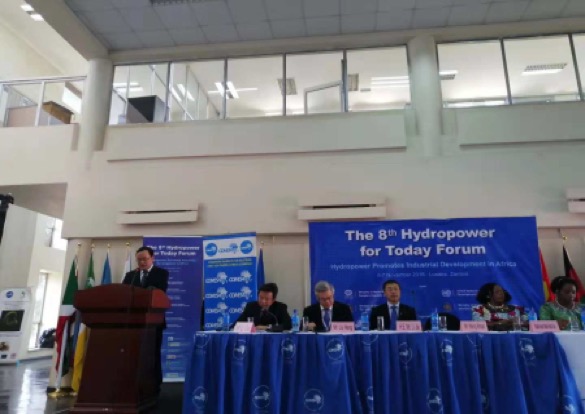Promotion of Small Hydropower Development in Zambia, Nigeria and Ghana
Promoting SHP technology transfer and awareness enhancement of SHP management and technical skills in selected African countries
Challenges
Eastern Africa has the highest overall small hydropower (SHP) potential on the continent, and Western Africa is the region with the second largest SHP potential. In Eastern Africa, Zambia’s electricity production is heavily dependent on hydroelectric generation, both in terms of large and small hydropower projects. Due to the limitations imposed by electricity access, there is a need to develop new SHP projects that take advantage of its high potential and are able to support rural electrification. In Western Africa, Nigeria has a high level of installed SHP capacity, indeed, the highest in the region, yet this amounts to only 6 percent of its total small hydropower potential. Similarly, Ghana has no SHP plant, but rather, just a large hydropower project. The challenge to ensure access to electricity in rural areas determines the importance of small hydropower resources.
Towards a Solution
This project aims to remove obstacles to SHP technology transfer and enhance awareness to improve SHP management and technology in the selected African countries. The project involved the following counterparts: Zambia, representing the Common Market for Eastern and Southern Africa (COMESA), Eastern Africa and Ghana, Nigeria from Western Africa to develop the appropriate mechanisms that will allow the recipients to understand the relevance of SHP for their national and regional development and promotion of inclusive and sustainable growth of electricity access rate. Project implementation partners include the Common Market for East and Southern Africa, the Renewable and Conventional Energy Technology Department, Federal Ministry of Science and Technology of Nigeria (FMST), and the Energy Commission of Ghana (GEC).
To implement this project, activities were organized and developed in three stages:
- The first stage: This involves the planning and carrying out of a deep research-focused analysis of the current developments in the field of SHP in the target countries, supplemented by site surveys and opportunities to engage in direct training.
- The second stage. This entails the evaluation of financing mechanisms for SHP development and engagement strategies directed at local governments and communities in the target regions.
- The third stage: This involves the coordination activities to support the dissemination of lessons learned from the project. The parties aim to develop study tours to enable and support the sharing of the lessons and experience with other countries.
The project has achieved the following outcomes:
- The obstacles and solutions to SHP development in selected countries were identified through the collection of the updated general situation, strategies and policies. Training workshops and stakeholder meetings were held to remove knowledge barriers for the promotion of SHP development.
- A sustainable financing mechanism was developed to support private sector and government rural electrification initiatives in selected countries.
- The site investigation was undertaken for potential SHP sites with the preparation of pre-feasibility reports. The demonstration project was also selected.
- The 8th Hydropower for Today Forum. ‘Hydropower Promotes Industrial Development in Africa’, was held in Lusaka, Zambia, in cooperation with the International Network on Small Hydro Power (INSHP), COMESA and United Nations Industrial Development Organization (UNIDO). The forum further called for multilateral cooperation in order to optimize the use of water resources for those in need, and provided a platform for discussions on creating favourable policies for SHP development.
The development of a financing mechanism is one of the innovative elements of the project. The financing mechanism for SHP development includes preferential policies that may support the development of SHP technology in an inclusive and sustainable manner, as well as the development of financing channels that would allow stakeholders from different levels to assess their interest in supporting bankable renewable energy projects in the field of SHP in selected countries.
Furthermore, INSHP signed Memoranda of Understanding (MoUs) with COMESA, FMST and GEC respectively. All MoUs aim at enhancing future cooperation between the two parties in SHP development in areas related to policies, legal systems, innovation on technologies, management, and regional, continental and global cooperation.
INSHP will also join efforts with COMESA, the Federal Ministry of Science and Technology of Nigeria (FMST) and ECG in order to expand the knowledge of this initiative beyond the original target countries to other countries facing similar difficulties in diversifying their energy mix to facilitate South-South knowledge sharing and exchanges. An essential purpose of future cooperation between all parties will be to ensure a space for discussion and sharing between peer countries in Africa with common interests on relevant issues in the field of SHP and renewable energy.
Contact Information
Name: Mr Dale Qiu, Title: Programme Officer, Organization: International Center on Small Hydro Power (ICSHP)
Countries involved
China, Ghana, Nigeria, Zambia
Implementing Entities
International Network on Small Hydro Power (INSHP)
Project Status
Completed
Project Period
2017 - 2018
Primary SDG
07 - Affordable and Clean Energy
Secondary SDGs
09 - Industry, Innovation and Infrastructure, 13 - Climate Action
Primary SDG Targets
7.1 7.2 7.3 7.aSimilar Solutions

